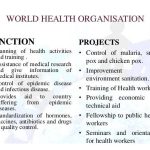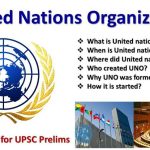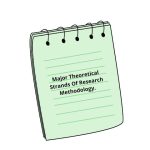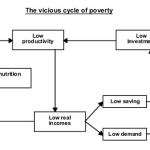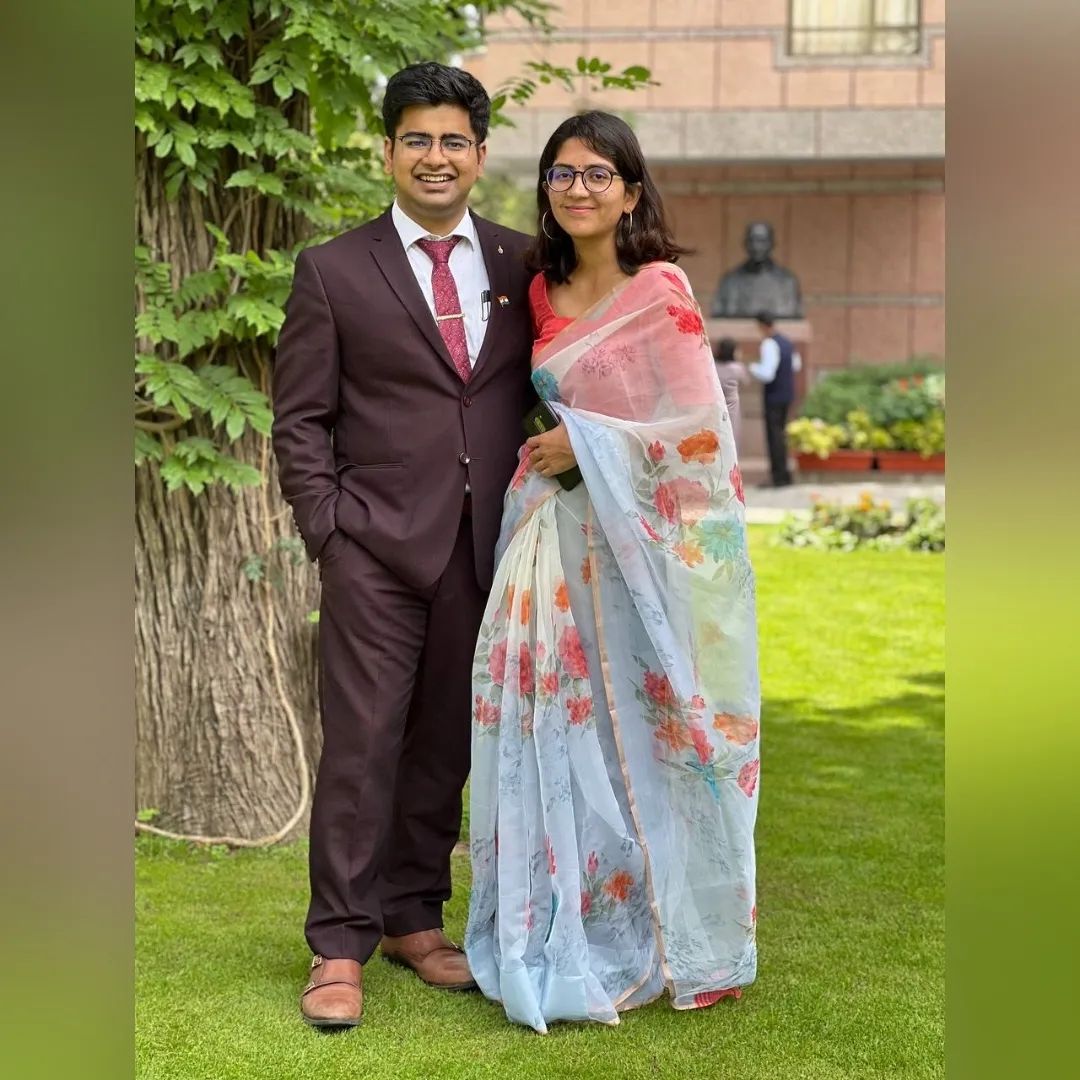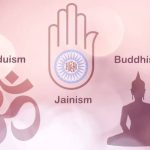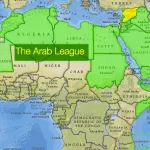
• The Specialised Agencies of the United Nations are independent groups that work with the UN. All of them became part of the UN through deals that were worked out.
• Some of them were around before World War I. Some of them were members of the League of Nations. Others were made almost at the same time as the UN. Others were made by the UN to fill wants that came up.
• Articles 57 and 63 of the UN Charter say that specialised organisations can be made.
• Each Specialised Agency has a way to decide who can join and who will be in charge of running it.
• The UN will make “recommendations for the coordination of the policies and activities of the specialised agencies,” according to Article 58 of the Charter. ECOSOC and the Chief Executives Board (CEB) help people work together.
Table of Contents
- 1 Specialised agencies of the United Nations
- 2 FAO:
- 3 ICAO:
- 4 IFAD:
- 5 ILO:
- 6 IMF
- 7 World Bank Group
- 8 IMO
- 9 ITU
- 10 UNESCO:
- 11 UNIDO:
- 12 WHO:
- 13 Universal Postal Union (UPU):
- 14 World Intellectual Property Organisation (WIPO)
- 15 World Meteorological Organisation (WMO):
- 16 OTHER ENTITIES/AGENCIES INCLUDE
- 17 RELATED ORGANISATIONS
Specialised agencies of the United Nations
There are 15 Specialised Agencies, which are:
FAO stands for the United Nations Food and Agriculture Organisation.
2. ICAO stands for the International Civil Aviation Organisation.
3. IFAD stands for International Fund for Agricultural Development.
ILO stands for the International Labour Organisation.
IMF stands for the International Monetary Fund.
6. IMO: International Maritime Organisation
ITU stands for the International Telecommunications Union.
8. UNESCO stands for the United Nations Educational, Scientific, and Cultural Organisation.
9. UNIDO stands for the United Nations Organisation for Industrial Development
10. UNWTO: Organisation for World Tourism
11. UPU: Universal Postal Union
WHO stands for the World Health Organisation.
13. WIPO: Organisation for the World Intellectual Property
WMO stands for the World Meteorological Organisation.
15. The World Bank
IBRD stands for International Bank for Reconstruction and Development, IDA for International Development Association, and IFC for International Finance Corporation.
FAO:
The Food and Agriculture Organisation (FAO) was made in 1945 by the first meeting of the newly formed United Nations. It was held in Quebec City, Canada.
FAO is a specialised agency of the United Nations that leads international efforts to end hunger. FAO is also a source of knowledge and information and helps developing countries in transition modernise and improve agriculture, forestry, and fisheries practises, ensuring good nutrition and food security for all.
ICAO:
The International Civil Aviation Organisation (ICAO) was set up in 1944 as a UN specialised body thanks to the Chicago Convention. It runs the Convention on International Civil Aviation (Chicago Convention) and makes sure it is run well.
• It lays out the rules and procedures for international air navigation and helps with the planning and growth of international air transport to make sure it grows in a safe and orderly way.
IFAD:
The International Fund for Agricultural Development (IFAD) was set up as an international financial institution in 1977 by a resolution of the United Nations General Assembly. This was one of the most important results of the 1974 World Food Conference.
The United Nations set up this meeting in response to the food crises of the early 1970s, when food shortages around the world led to widespread famine and malnutrition, especially in the Sahelian countries of Africa. Food insecurity and famine were seen as structural problems related to poverty rather than mistakes in food production.
ILO:
The International Labour Organisation (ILO) is a United Nations agency that sets international labour standards to support social justice and decent work.
It sets worldwide standards for work, promotes workers’ rights, and encourages decent jobs, better social protection, and more dialogue about work-related problems.
• It was made in 1919 as a part of the Treaty of Versailles, which closed World War I. It is a part of the League of Nations.
• In less than two years, by 1922, 9 International Labour Conventions and 10 Recommendations were put into place. These dealt with things like hours of work in industry, unemployment, maternity security, night work for women, minimum age, and night work for young people in industry.
• In 1946, when the United Nations signed an agreement, the ILO became the first specialised body of the UN.
• On its 50th anniversary, in 1969, the Organisation got the Nobel Peace Prize for its work to help workers get fair treatment and good jobs.
• In 1980, the ILO was a big part of Poland’s freedom from dictatorship. It did this by giving full backing to the legitimacy of the Solidarnosc Union. This was based on Poland’s 1957 ratification of Convention No. 87 on freedom of association.
• It stressed that the future of work is not set in stone. Decent work for everyone is possible, but it is up to societies to make it happen. With this in mind, the ILO set up the Global Commission on the Future of Work as part of its plans to celebrate its 100th birthday in 2019.
Its job is to do a thorough analysis of the future of work that can be used to make sure that social justice is done in the 21st century.
IMF
• The UN Monetary and Financial Conference, which took place in 1944 and was also known as the Bretton Woods Conference, was held in Bretton Woods, New Hampshire, United States, to set up rules for international money and finance after World War II.
It caused the International Monetary Fund (IMF) to be set up in 1945.
World Bank Group
• The UN Monetary and Financial Conference, also known as the Bretton Woods Conference, was held in 1944 to set rules for the international financial and monetary system after World War II. It led to the creation of the IBRD in 1945. IBRD was the first part of the World Bank.
IMO
• The International Maritime Organisation (IMO), which is part of the United Nations, is in charge of making sure ships are safe and secure and that they don’t pollute the sea or the air.
ITU
• The International Telecommunication Union (ITU) is a specialised agency of the United Nations (UN) that is in charge of problems related to information and communication technologies (ICT). It was the first of the UN’s specialised organisations.
It began in 1865 and has its headquarters in Geneva, Switzerland. It is based on the idea that governments (Member States) and the business sector (Sector Members, Associates, and Academia) should work together on an international level.
• ITU is the most important global forum where people try to agree on a wide range of issues that will affect the future of the ICT business.
• It divides up the world’s radio spectrum and satellite orbits, comes up with the technical standards that make sure networks and technologies work well together, and tries to give underserved areas around the world better access to ICTs.
UNESCO:
The United Nations Educational, Scientific, and Cultural Organisation (UNESCO) was created in 1945 to promote the “intellectual and moral solidarity of mankind” as a way to build lasting peace. It is in Paris, which is in France.
• In this spirit, UNESCO creates educational tools to help people live as global citizens free of hate and intolerance.
• By promoting cultural heritage and the equal respect of all cultures, UNESCO strengthens ties between nations.
UNIDO:
The United Nations Industrial Development Organisation (UNIDO) works to reduce poverty, make globalisation work for everyone, and protect the environment through industrial development.
WHO:
The World Health Organisation (WHO) is the health branch of the United Nations.
• It was founded in 1948 and has its headquarters in Geneva, Switzerland. It is a group of governments that works with its Member States, usually through their Ministries of Health.
• The World Health Organisation (WHO) is in charge of providing leadership on global health issues, shaping the health research agenda, setting norms and standards, providing evidence-based policy options, giving technical support to countries, and monitoring and assessing health trends.
World Tourism Organization (UNWTO)
The United Nations set up the World Tourism Organisation (UNWTO) in 1975. Its job is to promote Tourism that is responsible, sustainable, and open to everyone.
• At the moment, 157 countries, 6 Associate Members, and 500 Affiliate Members from the business sector, educational institutions, tourism associations, and local tourism authorities are members. The organization’s headquarters are in Madrid, Spain.
Universal Postal Union (UPU):
The UPU is the main place where people in the postal field can work together. It helps make sure that everyone has access to goods and services that are up to date.
• It was founded on October 9, 1874, and has its headquarters in Bern, Switzerland. It has four bodies: the Congress, the Council of Administration, the Postal Operation Council, and the International office.
It is also in charge of the EMS and Telematics companies. Each person agrees to the same rules for sending and receiving mail internationally.
World Intellectual Property Organisation (WIPO)
• Through 23 international treaties, the WIPO defends intellectual property all over the world.
• It was founded in 1967 and now has 189 member states WIPO is made up of 186 UN Member States, the Cook Islands, the Holy See, and Niue. The Marshall Islands, Federated States of Micronesia, Nauru, Palau, Solomon Islands, South Sudan, and East Timor are not members. The Palestinians have observer status, and the organisation is based in Geneva, Switzerland.
World Meteorological Organisation (WMO):
It was started in 1873 as the International Meteorological Organisation. In 1950, it became the World Meteorological Organisation. It has 191 members and is based in Geneva, Switzerland.The WMO makes it easier for people all over the world to share free meteorological data and information and to find new ways to use it in fields like flight, shipping, security, agriculture, and more.
________________________________________
OTHER ENTITIES/AGENCIES INCLUDE
• UNAIDS: The Joint United Nations Programme on HIV/AIDS is supported by 10 UN agencies: UNHCR, UNICEF, WFP, UNDP, UNFPA, UNODC, the ILO, UNESCO, WHO, and the World Bank. It has ten goals to stop and reverse the spread of HIV/AIDS.
• UNISDR: The United Nations Office for Disaster Reduction is the centre of the UN system for disaster reduction management.
• UNOPS: The United Nations Office for Project Services is a working part of the UN. It helps its partners carry out peace-building, relief, and development projects around the world in a way that works well.
UNCTAD
• The United Nations Conference on Trade and Development (UNCTAD) helps developing countries get more fairly and successfully the benefits of a globalised economy. It helps to use trade, investment, finance, and technology as tools for inclusive and sustainable growth.
UNODC
The United Nations Office on Drugs and Crime (UNODC) is a global leader in the fight against illegal drugs and international crime. It was created in 1997 when the United Nations Drug Control Programme and the Centre for International Crime Prevention merged. UNODC’s job is to help Member States fight against illegal drugs, crime, and terrorism.
UNHCR: The United Nations High Commissioner for Refugees (UNHCR) was set up in 1950, after the Second World War, to help the millions of Europeans who had been forced to leave their homes or who had lost them.
• In 1954, the UNHCR won the Nobel Peace Prize for its groundbreaking work in Europe.
Since the beginning of the 21st century, UNHCR has helped with major refugee crises in Africa, the Middle East, and Asia. It also uses its experience to help many people who have moved within their own countries because of war, and it has grown its role in helping people who don’t have a nationality.
ESCAP: The United Nations Economic and Social Commission for Asia and the Pacific (ESCAP) is the main economic and social development centre for the region. It was founded in 1947 and has its headquarters in Bangkok, Thailand.
RELATED ORGANISATIONS
• IAEA: The International Atomic Energy Agency is where people from all over the world work together on nuclear issues. The Agency works with its Member States and many other partners around the world to support the safe, secure, and peaceful use of nuclear technologies.
• WTO: The World Trade Organisation is a place where countries can talk about trade agreements and try to solve trade problems they have with each other.
• CTBTO: The Preparatory Commission for the Comprehensive Nuclear-Test-Ban Treaty Organisation promotes the Comprehensive Nuclear-Test-Ban Treaty, which is not yet in effect, and the building up of the verification system so that it will work when the Treaty does.
• OPCW: The Chemical Weapons Convention (CWC), which went into effect in 1997, is carried out by the Organisation for the Prohibition of Chemical Weapons (OPCW). Member states of the OPCW work together to get rid of deadly weapons from the world.
• IOM: The International Organisation for Migration works to make sure that migration is handled in a humane and orderly way, to encourage international cooperation on migration issues, to help find practical solutions to migration problems, and to give humanitarian aid to migrants in need, such as refugees and people who have moved within their own country.


